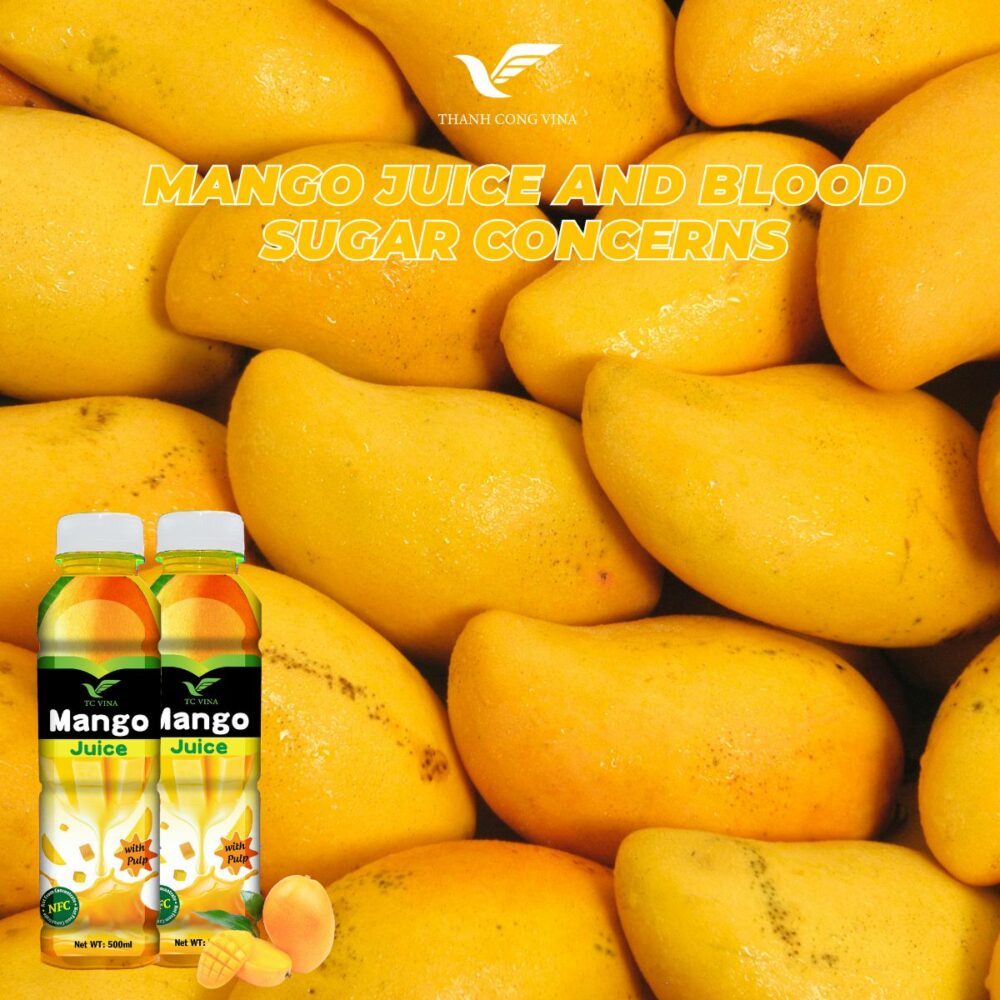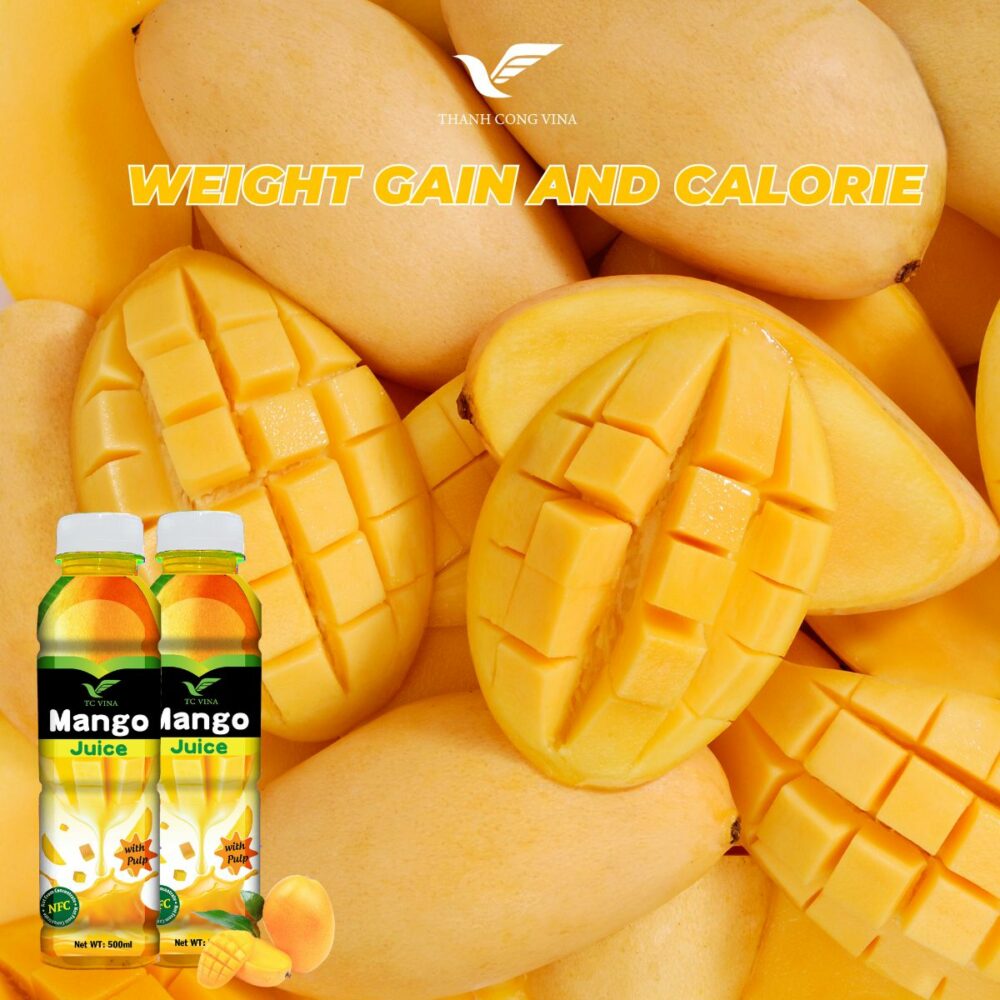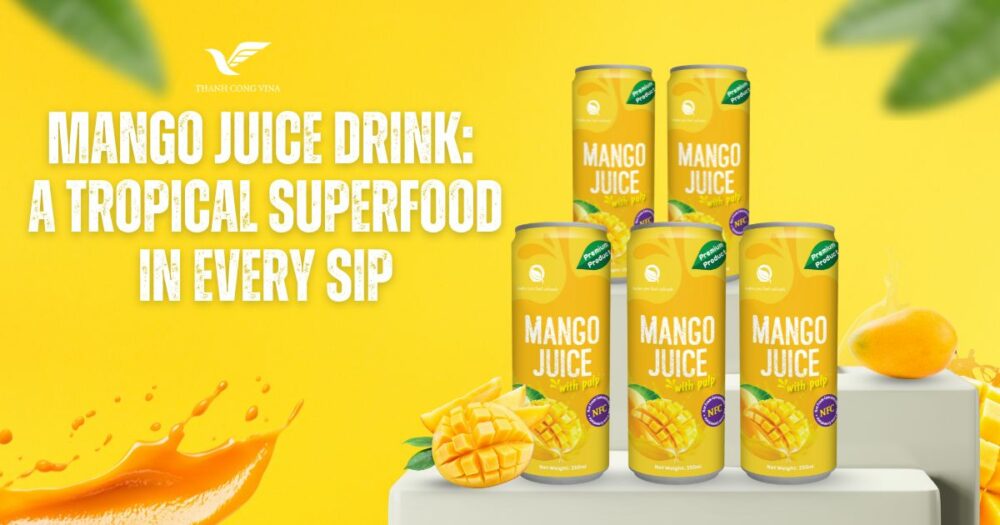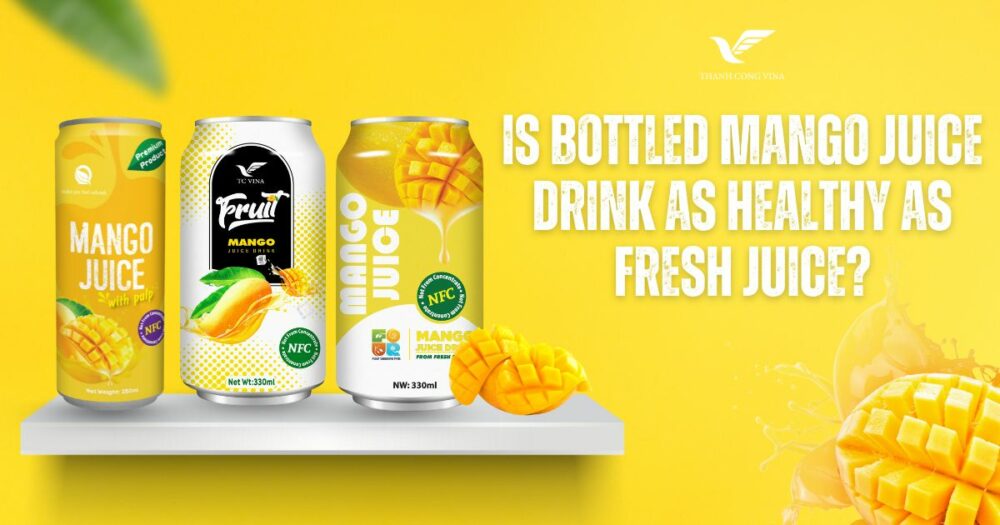Mango juice drink is often celebrated as a delicious and refreshing tropical beverage packed with essential vitamins, minerals, and antioxidants. Known as the “king of fruits,” mango is naturally sweet and bursting with flavor, making it a popular choice for both homemade juices and packaged drinks. While its health benefits—such as supporting immunity, aiding digestion, and promoting skin health—are widely recognized, many people overlook the potential side effects of excessive mango juice consumption. Like any fruit-based beverage, it is important to enjoy mango juice in moderation and with awareness of how it may affect your body. For individuals with certain health conditions, allergies, or dietary restrictions, being informed about these side effects can help in making safer lifestyle choices. This article explores the possible downsides of drinking mango juice, backed by nutritional science, while also offering practical tips on how to enjoy it responsibly.
The Nutritional Profile of Mango Juice Drink
Vitamins and Minerals in Mango Juice
Mango juice is loaded with essential nutrients such as vitamin C, vitamin A, potassium, and folate. These micronutrients play a crucial role in boosting immunity, improving vision, supporting cell regeneration, and maintaining heart health. The natural sweetness of mango comes with fructose, which provides quick energy.
Natural Sugar Content and Calories
While mango juice is nutrient-dense, it is also high in natural sugars. A standard serving can contain between 25–35 grams of sugar, which is equivalent to several teaspoons. For people monitoring their blood sugar levels or calorie intake, this can pose challenges. Consuming mango juice in large amounts may contribute to weight gain, insulin resistance, and even type 2 diabetes if not balanced within a healthy diet.
Digestive Issues from Excessive Consumption

Digestive Issues from Excessive Consumption
Fiber Content and Digestion
Unlike whole mangoes, mango juice contains significantly less dietary fiber. Fiber is essential for regulating bowel movements and maintaining gut health. Drinking too much mango juice without fiber can lead to indigestion, constipation, or irregular bowel activity.
Gastrointestinal Sensitivity
Some individuals may experience bloating, stomach cramps, or diarrhea after consuming large quantities of mango juice. This is often due to its high fructose content, which may be difficult for certain people to digest. Additionally, commercially packaged mango juice drinks may include additives or artificial sweeteners that can irritate the stomach further.
Mango Juice and Blood Sugar Concerns

Mango Juice Drink and Blood Sugar Concerns
Impact on Blood Glucose Levels
Because mango juice drink is high in fructose and glucose, it can cause a spike in blood sugar levels when consumed in excess. For people with diabetes or prediabetes, this can be particularly concerning. Even natural juice without added sugar still carries a glycemic load that affects insulin sensitivity.
Safe Consumption for Diabetics
People managing diabetes are advised to consume mango juice in very small portions or to dilute it with water. Choosing freshly prepared juice over store-bought versions with added sugars and preservatives is also safer. Consulting a healthcare professional before including mango juice drink in a diabetic diet is recommended.
Allergic Reactions to Mango Juice Drink
Mango Allergy and Skin Reactions
Although rare, some individuals are allergic to mangoes due to urushiol—a compound also found in poison ivy. Drinking mango juice may trigger allergic symptoms such as itching, swelling of the lips, or rashes. For sensitive individuals, even small amounts can cause discomfort.
Oral Allergy Syndrome (OAS)
Mango juice can sometimes trigger oral allergy syndrome, where the body reacts to proteins similar to pollen. Symptoms include tingling, itching in the mouth, or throat irritation after drinking mango juice. People with known allergies to birch pollen or cashew may be more susceptible.
Weight Gain and Calorie

Weight Gain and Calorie
Liquid Calories and Overconsumption
One of the overlooked side effects of mango juice drink is its calorie density. Because juice does not make you feel as full as solid foods, people tend to consume more than they realize. Over time, this can contribute to weight gain if not balanced with exercise and other dietary adjustments.
Added Sugar in Packaged Mango Juices
Commercial mango juice drinks often contain added sugar and syrups to enhance flavor and shelf life. These additives increase the overall calorie content and contribute to unhealthy weight gain, especially when consumed regularly.
Mango Juice and Dental Health

Mango Juice and Dental Health
Sugar and Tooth Decay
Frequent consumption of mango juice can affect dental health. The natural sugars, when left on teeth, can promote bacterial growth leading to cavities. Acidic compounds in mango juice may also weaken tooth enamel over time.
Preventive Measures for Oral Health
To reduce dental risks, it is advisable to drink mango juice with a straw, rinse your mouth afterward, and avoid brushing immediately after consumption, as the enamel may be temporarily weakened. Regular dental checkups are also key for maintaining oral hygiene.
Safe Consumption Guidelines
Recommended Daily Intake
Experts suggest limiting fruit juice consumption, including mango juice drink, to one small glass (about 150–200 ml) per day. This provides the nutritional benefits without the risks of excess sugar intake.
Choosing the Healthiest Options
Opting for freshly prepared mango juice without added sugar is the best choice. If purchasing packaged options, reading labels carefully to avoid those with high fructose corn syrup or artificial flavors is essential. Diluting juice with water or combining it with other low-sugar fruits can also make it healthier.
Conclusion
Mango juice drink offers many nutritional advantages, but like any sweetened fruit beverage, it should be consumed mindfully. Excessive intake can lead to digestive discomfort, spikes in blood sugar, allergic reactions, and even long-term health issues such as weight gain and dental problems. The key to enjoying mango juice drink safely lies in moderation, choosing natural preparations, and being aware of individual health conditions. By understanding the possible side effects, consumers can make smarter dietary decisions while still enjoying the refreshing taste of this tropical drink. For those seeking high-quality, safe, and naturally delicious beverage options, brands like Thanh Cong Vina are dedicated to offering fruit-based drinks that balance great taste with health-conscious production. Whether for daily refreshment or occasional indulgence, Thanh Cong Vina ensures that every sip of their mango juice drink aligns with a healthier lifestyle.













